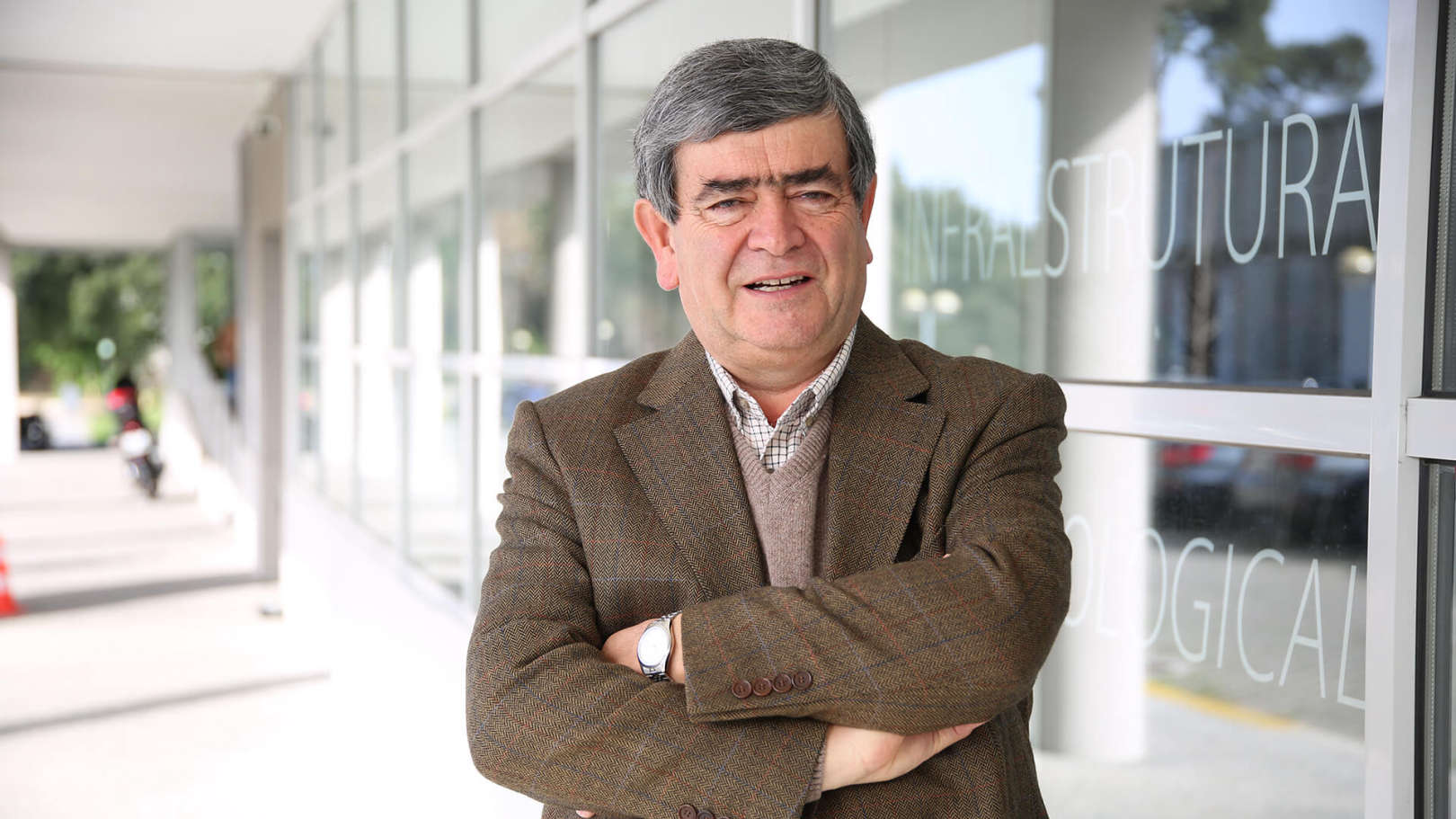About
Fernando Pires Maciel Barbosa was born in Porto, Portugal. He graduated in Electrical Engineering in 1971 from FEUP and received the M.Sc in 1977 and the Ph.D. in 1979, in Electrical Engineering (Power Systems Analysis) from UMIST (Manchester).
Since 1971 he is with the Electrical and Computer Engineering Department of the Faculty of Engineering of University of Porto and since 1989 he is full professor in Power Systems. (Professor Catedrático).
His main research interest incudes Power System Reliability and Power System Analysis (load flow studies, steady state security analysis, stability analysis and economic operation of Power Systems).
From 1990 to 1997 he was the Head of the Department. He held various administrative positions at the Faculty and at the University.
He is a researcher at CPES – Centre for Power and Energy Systems, INESC TEC.
He has been the leader of many scientific projects at the University and the supervisor of several M. Sc. and Ph. D. students. He has authored or co-authored many publications in National and International Conferences and Journals. He has been involved in several European Projects (Tempus, Socrates and Leonard da Vinci Projects). He has lectured in several European Universities in the area of Power System, namely Reliability Evaluation.
He is a Cigré member and participated on Cigré WG6, Distribution Systems and Dispersed Generation, member “Conselheiro” of the Portuguese professional association of Engineers “Ordem dos Engenheiros” (Portuguese Professional Institution of Engineering) and IEEE Senior Member.
He was part of the evaluation committee of the Universities and Polytechnics courses quality evaluation by “Ordem dos Engenheiros”, A3ES (Portuguese Agency for Assessment and Accreditation of Higher Education) and ENAEE (European Network for Accreditation of Engineering Education) in the accreditation and quality assurance to award the EUR-ACE label to accredit engineering degree programmes.


